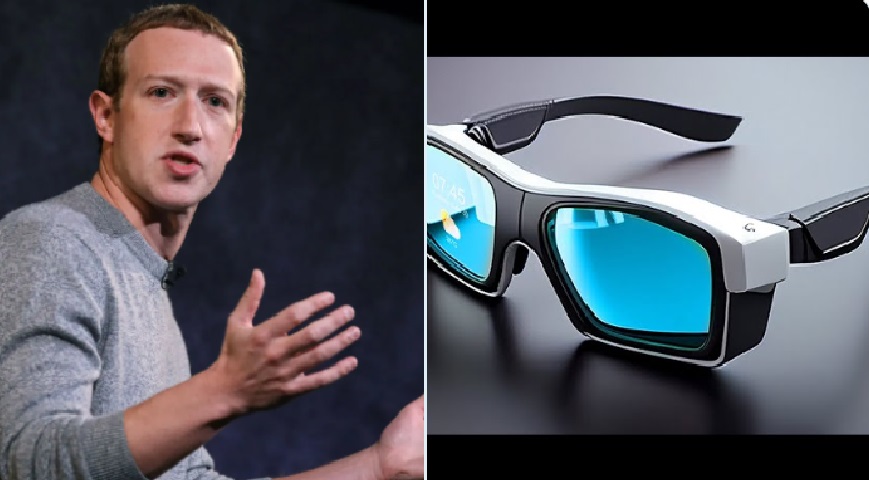During the Connect developers conference at Meta's Silicon Valley headquarters, Mark Zuckerberg, the CEO of Meta, revealed that the tech giant is integrating artificial intelligence into digital assistants and smart glasses. This strategic move aims to regain lost momentum in the competitive field of artificial intelligence. This conference stands as Meta's primary annual product event.
"Advances in AI allow us to create different (applications) and personas that help us accomplish different things," Zuckerberg said as he kicked off the gathering.
"And smart glasses are going to eventually allow us to bring all of this together into a stylish form factor that we can wear."
Tech companies have explored various avenues to surpass the smartphone as a user-friendly device, with smart glasses being one such endeavor. However, these attempts have seen limited success thus far.
The forthcoming second-generation Meta Ray-Ban smart glasses, developed in collaboration with EssilorLuxottica, will be available for a starting price of $299 upon their market debut on October 17.
According to Zuckerberg, the smart glasses also introduce the capability for users to livestream their point of view in real time.
"Smart glasses are the ideal form factor for you to let AI assistants see what you're seeing and hear what you're hearing."
Meta also introduced 28 AI characters that people can message on WhatsApp, Messenger and Instagram with "personalities" based on celebrities including Snoop Dogg, Paris Hilton and YouTube star MrBeast.
From the stage, Zuckerberg showcased an interaction with one of these AI bots through a typewritten chat. He assured that the upcoming bots would soon have the capability to communicate using voice.
"This is our first effort at training a bunch of AI that are a bit more fun," Zuckerberg said.
"But look, this is early stuff and these still have a lot of limitations, which you will see when you use them."
The event marked the initial in-person edition of Connect since 2019, preceding the pandemic. Anticipations were high for revelations regarding generative AI.
In comparison to competitors like Microsoft, OpenAI, and Google, Meta has adopted a more measured strategy in releasing AI products. They have placed emphasis on incremental progress, opting to offer their in-house models to developers and researchers.
Best value
Meta additionally introduced the newest iteration of its Quest virtual reality headset, featuring enhanced graphics, upgraded audio quality, and the capability for wearers to perceive their surroundings without removing the gear. A demonstration for AFP illustrated these advancements.
"This is going to be a big game changer and a big capacity improvement for these headsets," Zuckerberg told developers gathered in a Meta headquarters courtyard.
Quest 3 headsets are priced starting at $499 and will begin shipping on October 10, according to Meta.
This is substantially cheaper than Apple's Vision Pro, which will cost a hefty $3,499 when it is available early next year, in the United States only.
The Quest 3 "is going to be the best value on the market for a long time to come," said Meta Chief Technology Officer Andrew Bosworth, to laughter from the audience.
New game titles for Quest 3 included Assassin's Creed Nexus from Ubisoft as well as a Roblox game.
"Meta is trying to bring a much upgraded version of (mixed-reality) to the masses," said Insider Intelligence principal analyst Yory Wurmser.
In a light-hearted remark to journalists, Meta's Chief Product Officer, Chris Cox, shared a humorous anecdote about his sister's virtual reality experiences. He mentioned that she frequently ends up accidentally striking furniture, a problem that is resolved when the technology digitally enhances the real world surrounding the user.
"We think that mixed reality is a really big step from virtual reality, which is basically a fully occluded thing," stated Cox.
He added that it will help make this more useful for more people.









